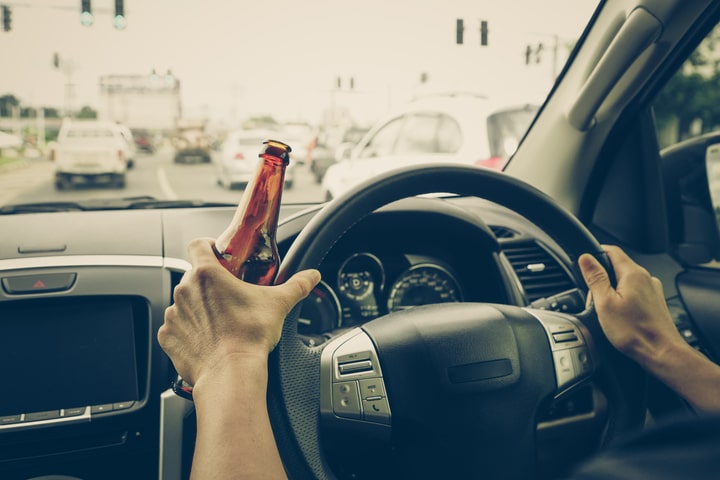
What happens when you get hit by a drunk driver? Car accidents happen unexpectedly and can uproot your life in an instant, especially when people have been drinking.
You may be wondering, What do I do now that I was hit by a drunk driver?
Drunk driving accidents in California are not only incredibly dangerous, but they can also result in serious financial stress to the victim.
You may suffer injuries that prevent you from working while your medical expenses continue to grow.
It can be overwhelming to understand what to do next.
Can I Sue a Drunk Driver?
After being hit by a drunk driver, California law permits you to sue the drunk driver for your damages.
California law requires all drivers to exercise reasonable care to avoid injuring others. This duty of care includes obeying traffic laws, driving safely and responsibly, and being aware of road conditions.
It is illegal to operate a motor vehicle while intoxicated as it impairs driving abilities.
Although the facts may be obvious, attempting to recover for your losses without the assistance of a “hit by drunk driver” attorney is a mistake.
You deserve to recover just compensation for your losses, and an experienced car accident attorney can help.
What Factors Affect Settlements for Drunk Driving Cases?
Every case is unique. For this reason, there is no average settlement for drunk driving accidents.
Various factors may affect the value of your case, including the severity of your injuries, the amount of insurance the at-fault driver carries, and the degree of fault of each party in the accident.
California follows the rule of comparative negligence. Comparative negligence permits an injured victim to recover that percentage of damages that is not their responsibility.
For example, if a court determines that you were 20% responsible for a car accident, you may recover only 80% of your requested compensation.
Hit By Drunk Driver? What Can I Recover?
Hit by drunk driver? California permits the recovery of economic and non-economic compensatory damages and punitive damages in certain circumstances.
Economic Damages
Economic damages include those calculable and tangible losses directly related to your injuries. These include the following:
- Medical expenses,
- Lost wages,
- Future lost wages, and
- Property damage.
Retain copies of all invoices, bills, pay stubs, and other evidence of your losses to support your demand for economic damages.
Non-Economic Damages
Non-economic damages include those subjective losses, often represented by more physical or emotional injuries related to the accident.
These damages include the following:
- Pain and suffering,
- Emotional distress,
- Loss of consortium,
- Disfigurement,
- Physical impairment, and
- Loss of enjoyment of life.
Proving non-economic damages is more complicated. But don’t underestimate the importance of these damages because they may be substantially greater than economic damages awards.
Punitive Damages
Courts award punitive damages—though not frequently—when evidence shows that the driver acted with malice.
The malice test requires proof that the defendant was aware of the likely consequences of their actions and wilfully failed to avoid them. Punitive damages may significantly increase the value of your case.
Speak with a qualified personal injury attorney to determine what your drunk driving accident case is worth.
Contact a “Hit By Drunk Driver” Attorney Today
Contact a “hit by drunk driver” attorney today. At Weinberg Law Offices, we work tirelessly to ensure that our clients receive their compensation. We understand the hardship you face after being hit by a drunk driver.
Understandably, you may feel anger, fear, stress, and anxiety. We want to help you get back on your feet. For this reason, we communicate with you throughout the entire process and ensure you know the status of your case.
We know some cases may settle, but we are fully prepared to take your case to trial if necessary.
Contact us today for a free case evaluation to discover how Weinberg Law Offices can help you.
Disclaimer: This content should not be construed as legal advice.
